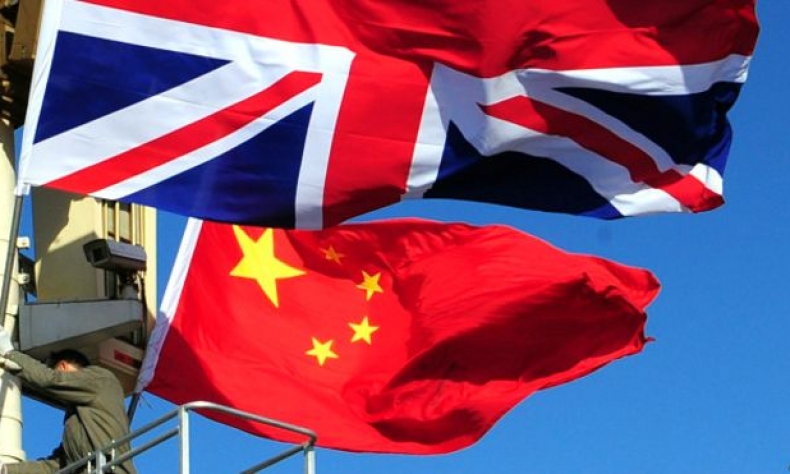Stable Sino-UK Ties to Promote Economic Cooperation

Despite some challenges, the U.K. is still ready to pursue partnership with China in multiple areas.
Chinese Premier Li Keqiang recently held an online summit with U.K. business leaders and said that “China is willing to consolidate mutual trust with the U.K., along with mutual respect” and hoping to “expand common ground while shelving differences, deepen mutually beneficial cooperation for win-win results, build consensus and address divergences via equal dialogue, so as to promote the healthy and stable development of bilateral ties.”
The meeting was held against a backdrop of relations between the United Kingdom and China having experienced uncertainty. Although Boris Johnson has continued to make a number of gestures towards America’s strategic version, nonetheless he has maintained a position of viewing China favourably, calling himself a “Sinophile” and showing understanding of the economic benefits of bilateral ties.
The differences and disruptions have nonetheless held little significance, and, as of July, there have been many signs that the British government is recalibrating its ties with Beijing yet again and turning back to a policy of openness and engagement in the pursuit of economic ties, seen as vital in the wake of leaving the European Union.
Prior to this meeting, signs of a rapprochement began with a phone call between Foreign Secretary Dominic Rabb and his Chinese counterpart Wang Yi, where the U.K. readout talked of trade between the two countries.
Last week, Chancellor of the Exchequer Rishi Sunak publicly stated that it was important to deepen economic ties with China and to have a “stable and mature” relationship, an open swipe against Conservative Party hawks who have sought to advocate decoupling and engagement in line with the U.S. vision.
The special relationship with America obviously remains the key driver of Britain’s foreign policy. Ultimately, however, there is no Brexit prosperity without China. For the time being, London recognizes that China remains its largest potential market worldwide for exports and a critical source of foreign investment.
As a result, the U.K. has avoided copying the American policy that has sought to sledgehammer the relationship and promote Chinese decoupling.
Of course, this remains a very delicate balancing act. A constant factional to and fro between pro- and anti-China members of the British cabinet continues. While the hawks had their day for most of 2020, the pivot towards engagement sees them marginalized for now, with many of their efforts failing to disrupt relations.
This is not likely to shift further unless game-changing tensions occur on some issue or other. This means there is political space for London and Beijing to engage again and focus on promoting economic ties, and this is what Boris Johnson’s government is seeking.
Potential risks will linger in the future; however, for now, one can look beyond the rhetoric and recognize that in practice business as usual is back on the agenda.
Despite some challenges, the U.K. is still ready to pursue partnership with China in multiple areas. The Conservative right, as well as the media, will always be lurking on the sidelines to stir up trouble however, meaning it will be amicable and procedural, but always slightly on edge.
 Facebook
Facebook
 Twitter
Twitter
 Linkedin
Linkedin
 Google +
Google +







